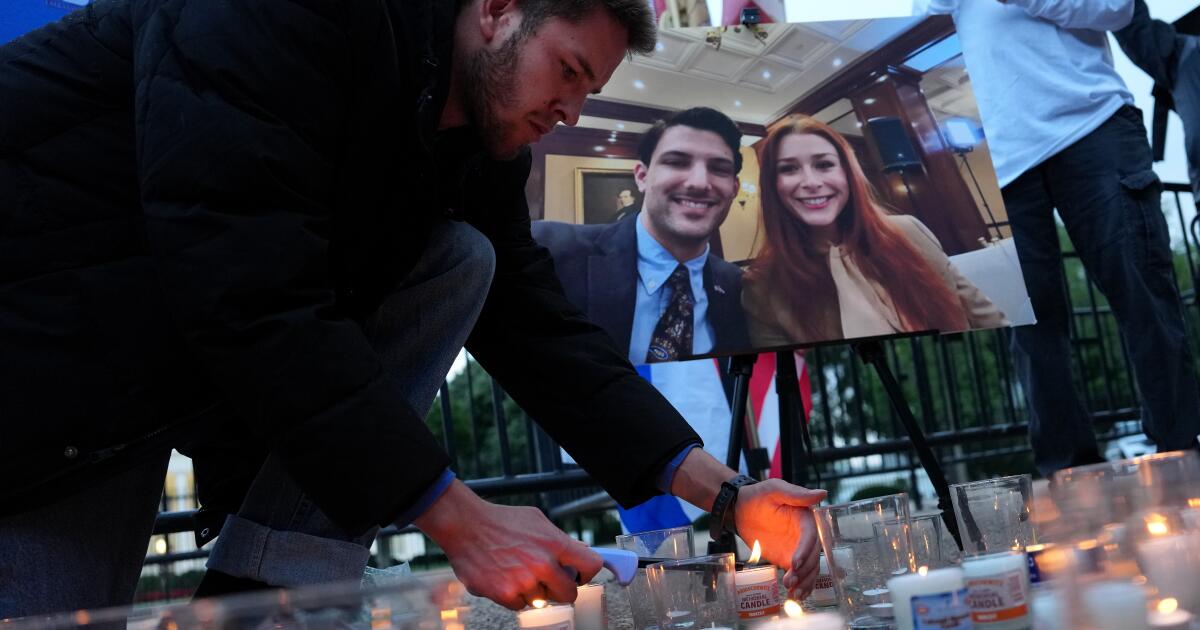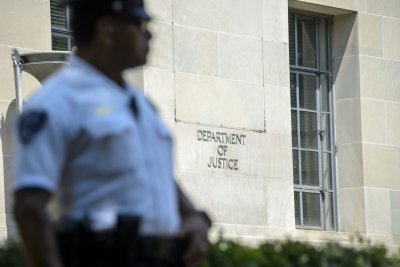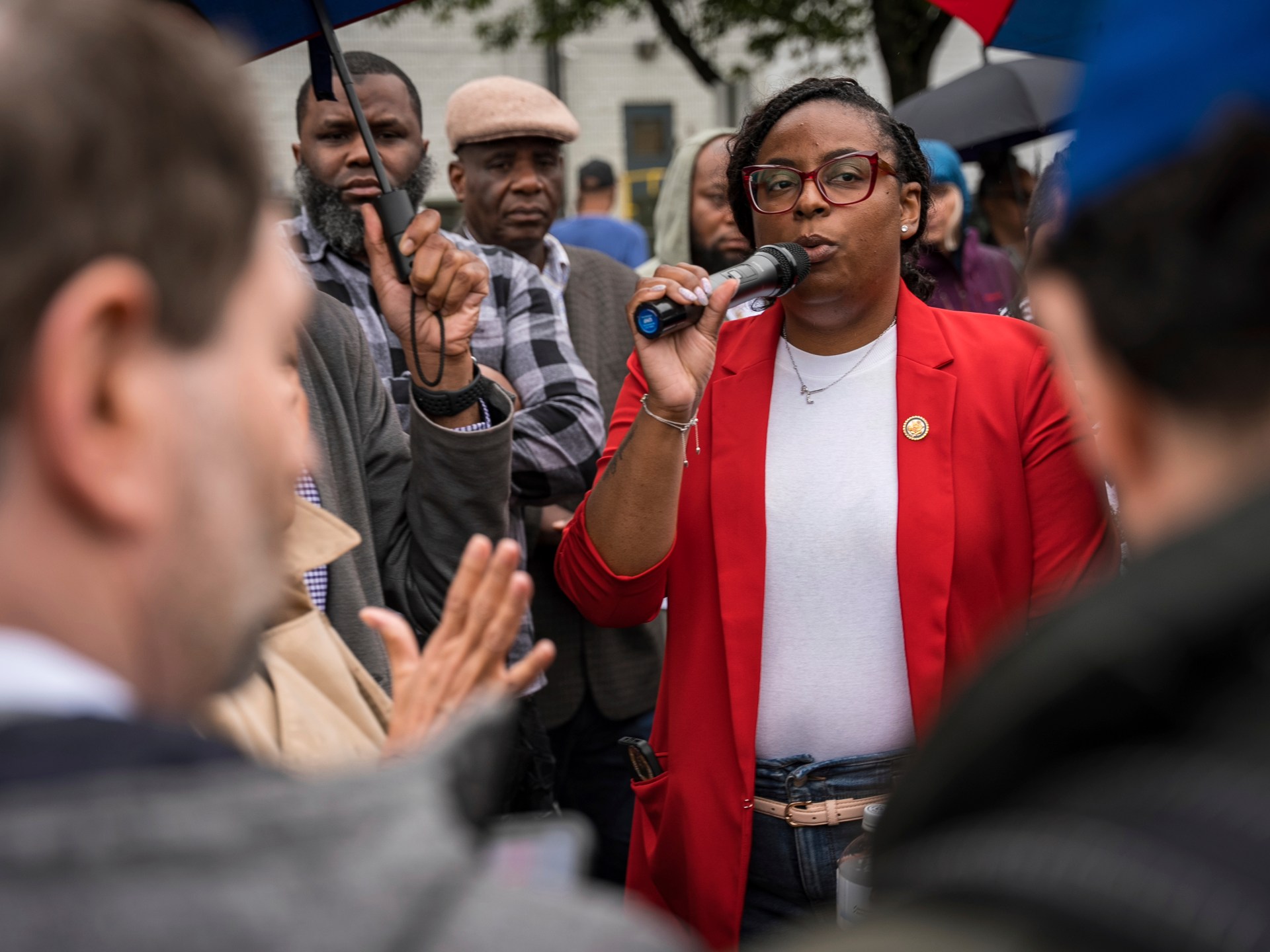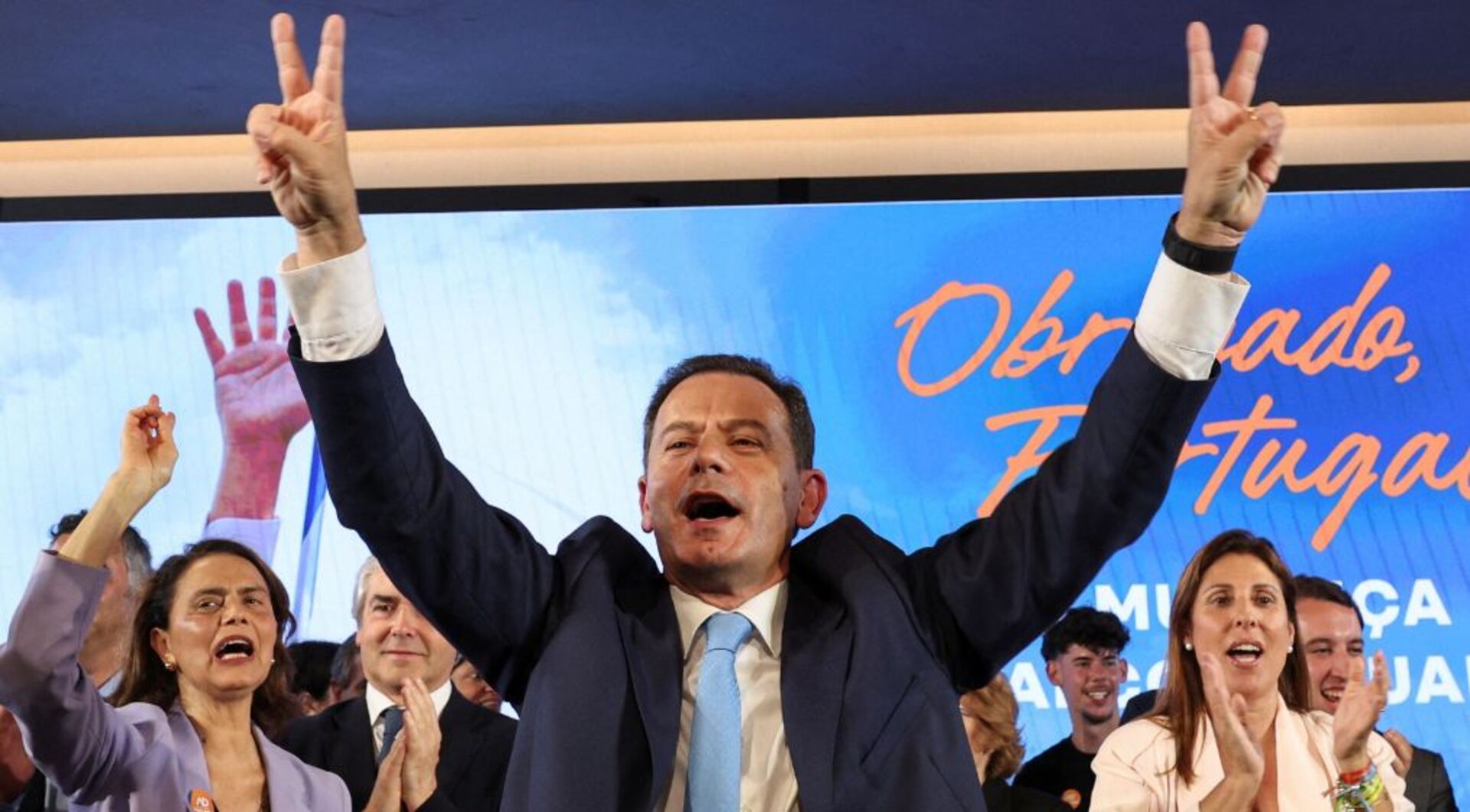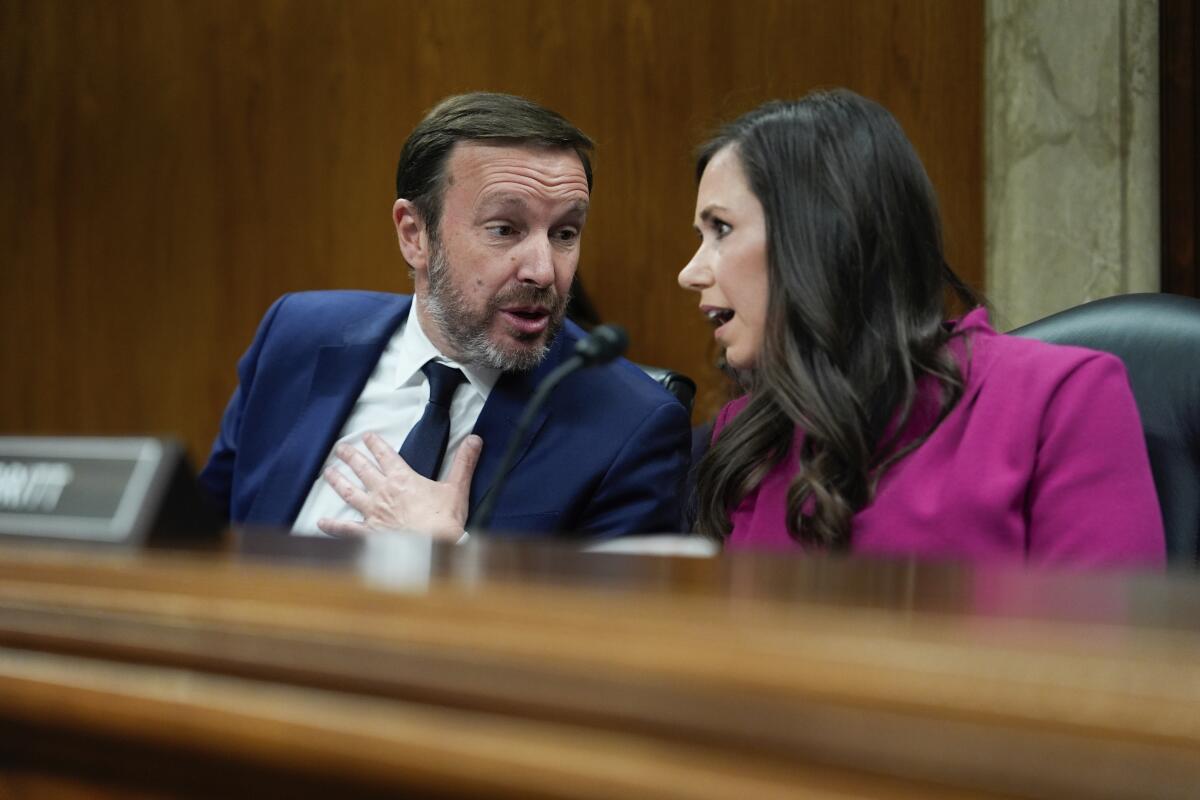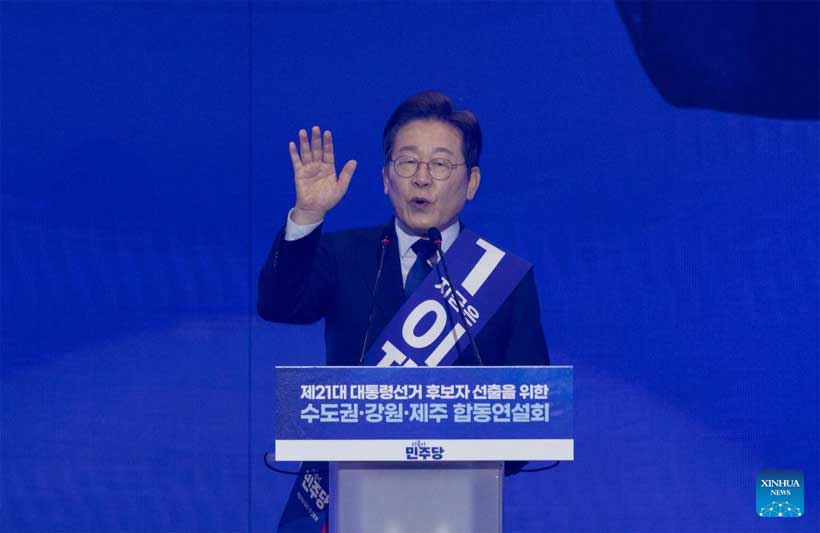With L.A.’s latest budget, has the political pendulum firmly swung at City Hall?
Newsletter
You’re reading the L.A. on the Record newsletter
Sign up to make sense of the often unexplained world of L.A. politics.
You may occasionally receive promotional content from the Los Angeles Times.
When tenant rights attorney Ysabel Jurado ran for Los Angeles City Council last year, she positioned herself as a potential fourth vote against Mayor Karen Bass’ plan to hire more police officers.
While she was waging her campaign, the council’s three-member super progressive bloc — Eunisses Hernandez, Nithya Raman and Hugo Soto–Martínez — voted against the mayor’s budget, decrying the amount of money allocated for the Los Angeles Police Department. Jurado, who went on to unseat Councilmember Kevin de León, said she would have joined them, turning the 12-3 budget vote into an 11-4.
Turns out it none of that was necessary.
On Thursday, the council approved a $14-billion annual budget that would cut police hiring in half, while sparing hundreds of other city workers from layoffs. Jurado, now on the council, praised the spending plan, then voted for it.
And this time around, the council members on the losing end of a 12-3 vote were those who occupy the body’s more moderate wing: Monica Rodriguez, Traci Park and John Lee.
The shift in budget votes from last year to now offers perhaps the strongest evidence of the political pendulum swing under way at City Hall. When other recent votes are added to the equation, the council chamber might even be undergoing a permanent realignment.
The council also voted 12-3 last week to hike the city’s minimum wage for hotel employees and private-sector tourism workers, boosting it to $30 per hour by 2028. Park, Rodriguez and Lee were in the minority on that issue as well, arguing that hotel and airport wages were rising too much and too quickly, jeopardizing the financial health of L.A.’s tourism industry.
The three ultra moderates also voiced alarm at their colleagues’ decision to scale back the mayor’s plan for increasing hiring at the fire department. Rodriguez, who gave a long and passionate speech against the budget, said in an interview she thinks “there’s clearly a shift in the politics of the council.”
“We have different ideology with respect to how we need to be making sure that the city is safe,” she said.
Soto-Martínez, who represents an Echo Park-to-Hollywood district, wouldn’t pin the political shift on any one vote, arguing instead that “the realignment has been happening for quite some years now.” The move to the left at City Hall, he said, has been driven by the election of candidates — including himself — who have sworn off contributions from corporations and real estate interests.
Because this year’s financial situation was so dire, and the list of proposed cuts so large, the council had no sacred cows when preparing the 2025-26 spending plan, he said. That paved the way for the council to scale back the recruitment of new police officers, he said.
“For many years, including the first two years that I was here, that issue was untouchable. No one would touch it or go near it,” said Soto-Martínez, who was elected in 2022. “And this year, we were realistic about police hiring.”
The realignment is in part of the product of years of campaigning and grassroots advocacy from the hotel workers’ union, LA Forward, Democratic Socialists of America-Los Angeles and many other organizations. But it also reflects the choices of Council President Marqueece Harris-Dawson, who is still in his first year in his leadership role.
Harris-Dawson reshuffled the council’s committee assignments last year, offering plum spots to the newest arrivals. Hernandez, who promised during her 2022 campaign not to hire any additional police officers, landed a coveted spot on the budget committee. She then forged a strong working relationship with Councilmember Heather Hutt, another new appointee to the budget committee, who broke into tears on Thursday as she described Hernandez’ contributions to their deliberations.
Over the course of the budget committee’s nine meetings, Hernandez worked with her colleagues to restore funding for programs that help day laborers, an LGBTQ+ liaison in the city’s civil rights department and $1 million for the legal defense of immigrants facing deportation. She also fought for core services, such as street light repairs, graffiti removal and crews that address illegal dumping.
By contrast, Rodriguez, Park and Lee made clear they felt excluded from key decisions, particularly the budget committee’s vote to shift management over certain homelessness initiatives out of the office of City Administrative Officer Matt Szabo and into the Los Angeles Housing Department.
After a lengthy debate, the three moderates picked up two votes in their effort to delay those changes, not enough to win the day. Instead, their biggest victory — one that took multiple tries — was securing the votes to restore $376,961 at the fire department, which will allow the city to send 45 firefighters to paramedic training.
Park, whose district includes the fire-scarred Pacific Palisades, sounded furious by the time the entire budget came up for a vote.
“I don’t think we should agree to spend another penny on homelessness until we as a full council — not just the few of you who get invited into the conversation — have the chance to chime in,” she said, adding: “But instead of fixing that mess, what did we decide to go after? The increase [Bass requested for] our fire department, after all we literally just witnessed in January.”
One day after the budget vote, Councilmember Bob Blumenfield acknowledged that the pendulum had swung left at City Hall, pointing to the results of several recent elections. Still, he cautioned against reading too much into a single budget, saying a pendulum can swing in opposing directions.
Blumenfield, who represents part of the west San Fernando Valley, said he voted to slow down police hiring as part of a compromise to protect civilian jobs at the LAPD and elsewhere. “I hate seeing the lower number of police recruitment,” he said.
Blumenfield, who occupies the terrain between super progressive and ultra moderate, said he’s still hoping the council will find additional funds later in the budget year to allow the LAPD to hire more officers beyond the 240 that received funding from the council.
“I don’t like to look at the council as a spectrum. I don’t see myself on that spectrum,” he said. “On different issues, I feel like I’m on different parts of it.”
State of play
— SEEKING A VETO: Business groups pressed Mayor Karen Bass to veto the measure hiking the minimum wage of tourism workers, saying hotels and other businesses cannot afford to wage hikes of 50% between now and 2028. Bass, appearing Tuesday at the Hollywood Chamber of Commerce, sounded sympathetic to their complaints but stopped short of stating her opposition.
“I’m concerned about the hit to tourism and just the hit in general, especially with downtown, but citywide, because downtown was already suffering,” she told the audience. She also raised doubts that she would intervene, calling the initial wage vote “veto proof.”
— BAD CALL: Former deputy Mayor Brian Williams struck a plea deal with federal prosecutors, admitting he called in a fake bomb threat to City Hall late last year that was blamed on anti-Israel sentiment. Williams, who handled public safety issues for Bass, falsely stated that he had just received a call on his city-issued cellphone from an unknown male caller who made a bomb threat against City Hall, according to his plea agreement.
— HOORAY FOR HOLLYWOOD: L.A.’s mayor promised to reduce barriers to filming in Los Angeles this week, signing an executive directive aimed at streamlining city permit processes and increasing access to legendary L.A. locations, such as Griffith Observatory and the Central Library. “We’ve taken the industry for granted,” Bass said. “We know that the industry is a part of our DNA here. And sometimes, if you think it’s a part of your DNA, you can think it’s always going to be here.”
— ZOO STORY: The elephants Billy and Tina were whisked out of the Los Angeles Zoo this week, relocated to a zoo in Tulsa over the fierce objections of animal advocates. The late night relocation drew complaints from Blumenfield and an array of activists, who argued that the pachyderms needed a much larger expanse of land for their health and well being.
— PUBLIC PAYOUTS: Two fired employees who received a combined $800,000 in legal settlements from the Los Angeles Homeless Services Authority had accused the agency’s chief executive, Va Lecia Adams Kellum, of hiring cronies for top jobs, attempting to destroy records and being “extremely inebriated” at an out-of-state conference, according to two settlement demand letters released this week. LAHSA “strenuously” denied the allegations, saying the agency “made a business decision” to pay the fired workers and resolve the employee dispute.
— PUSHBACK OVER PCH: Officials from city and state government tussled this week over plans for reopening an 11-mile stretch of Pacific Coast Highway. Nancy Ward, who leads the Governor’s Office of Emergency Services, complained that her office had been kept “in the dark” about the city’s security plan for the fire-ravaged Pacific Palisades area. A Bass spokesperson pushed back on that claim, saying the city would deploy 112 officers to staff 16 checkpoints 24 hours a day in the Palisades. Either way, traffic was flowing Friday afternoon.
— COUNTY CRIME: A veteran emergency management official with Los Angeles County has been arrested on charges of murdering his mother. Robert Barreras, 42, was suspended without pay, and had been on leave when the crime took place, a county official said.
QUICK HITS
- Where is Inside Safe? The mayor’s signature program to address homelessness carried out operations in two locations: the area around Lankershim Boulevard and Strathern Street in Councilmember Imelda Padilla’s San Fernando Valley district and the area around Vermont Avenue and 73rd Street in Harris-Dawson’s South L.A. district. Outreach workers also returned to other parts of South L.A. and Hollywood, according to the mayor’s team.
- On the docket for next week: The Los Angeles County Board of Supervisors is scheduled to take up appointees to its new governance reform task force, which will help oversee the implementation of Measure G, last year’s voter-approved measure to overhaul county government.
Stay in touch
That’s it for this week! Send your questions, comments and gossip to [email protected]. Did a friend forward you this email? Sign up here to get it in your inbox every Saturday morning.

